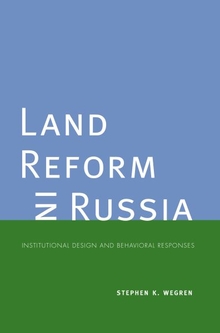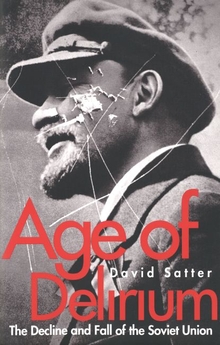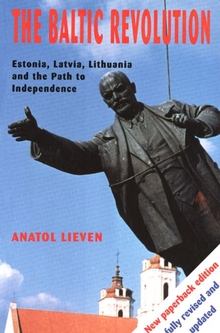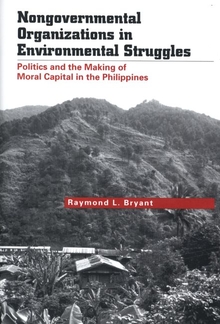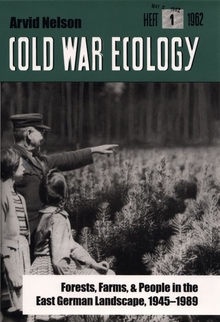Land Reform in Russia
WARNING
You are viewing an older version of the Yalebooks website. Please visit out new website with more updated information and a better user experience: https://www.yalebooks.com
Institutional Design and Behavioral Responses
Stephen K. Wegren
This ambitious work is the definitive account of Russia’s land reform initiatives from the late 1980s to today. In Russia, a country controlling more land than any other nation, land ownership is central to structures of power, class division, and agricultural production.
The aim of Russian land reform for the past thirty years—to undo the collectivization of the Soviet era and encourage public ownership—has been largely unsuccessful. To understand this failure, Stephen Wegren examines contemporary land reform policies in terms of legislation, institutional structure, and human behavior. Using extensive survey data, he analyzes household behaviors in regard to land ownership and usage based on socioeconomic status, family size, demographic distribution, and regional differences. Wegren’s study is important and timely, as Russian land reform will have a profound effect on Russia’s ability to compete in an era of globalization.
Stephen Wegren is professor of political science and director of International and Area Studies at Southern Methodist University. He lives in Dallas, TX.
“This book is a landmark in the study of rural Russia and is bound to become a definitive work on the subject.”—Alexander Nikulin, Moscow School of Social and Economic Sciences
Publication Date: December 15, 2009

